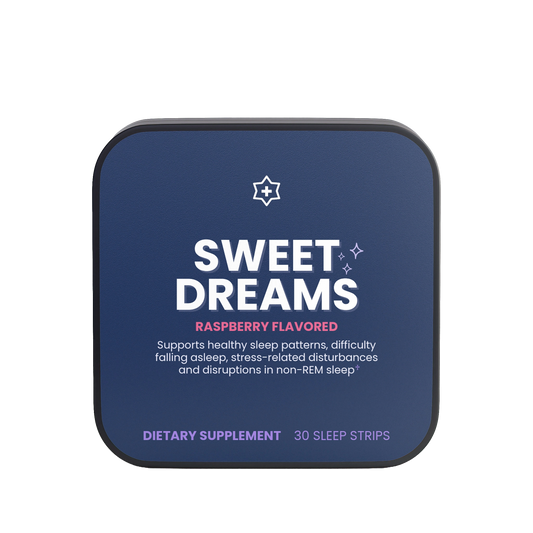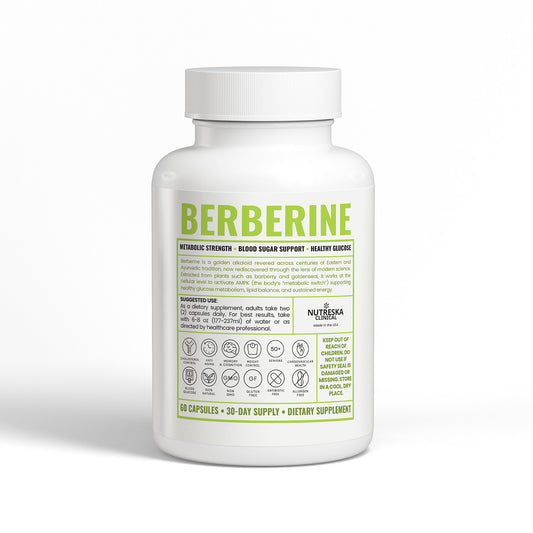Shortness of Breath: Causes, Remedies, and When to See a Doctor

Common Causes
- Normal / temporary: exercise, anxiety, high altitude, sinus congestion
- Lungs: asthma, bronchitis, COPD, pneumonia
- Heart: heart failure, arrhythmia
- Other: anemia, obesity, smoking, infections
Quick Relief at Home
- Pursed-lip breathing: inhale through nose, exhale slowly through pursed lips
- Sit forward: lean on elbows to ease lung expansion
- Use steam or saline rinse: if caused by allergies or sinus congestion
- Stay calm: anxiety can worsen shortness of breath
When to See a Doctor Immediately
- Shortness of breath at rest or during light activity
- Sudden, severe onset
- Chest pain, dizziness/fainting, blue lips/fingers
- Persistent or worsening symptoms
Prevention Tips
- Quit smoking or vaping
- Stay physically active (build lung and heart strength)
- Maintain a healthy weight
- Treat allergies or asthma consistently
- Avoid polluted or smoky environments when possible
FAQ
Can anxiety cause shortness of breath?
Yes. Stress and panic attacks can trigger fast, shallow breathing. Slowing down with pursed-lip breathing often helps.
How do I know if it’s asthma or heart-related?
Asthma often includes wheezing, coughing, or chest tightness. Heart-related breathlessness may come with ankle swelling, chest pain, or unusual fatigue. Only a clinical exam can confirm.
What tests will a doctor do?
Depending on symptoms: chest X-ray, ECG, spirometry (lung function), and blood tests for oxygen level or anemia.
Bottom Line
Mild breathlessness after exercise or sinus congestion often improves with simple remedies. But sudden, severe, or ongoing shortness of breath can be a sign of serious heart or lung disease — don’t ignore it.










